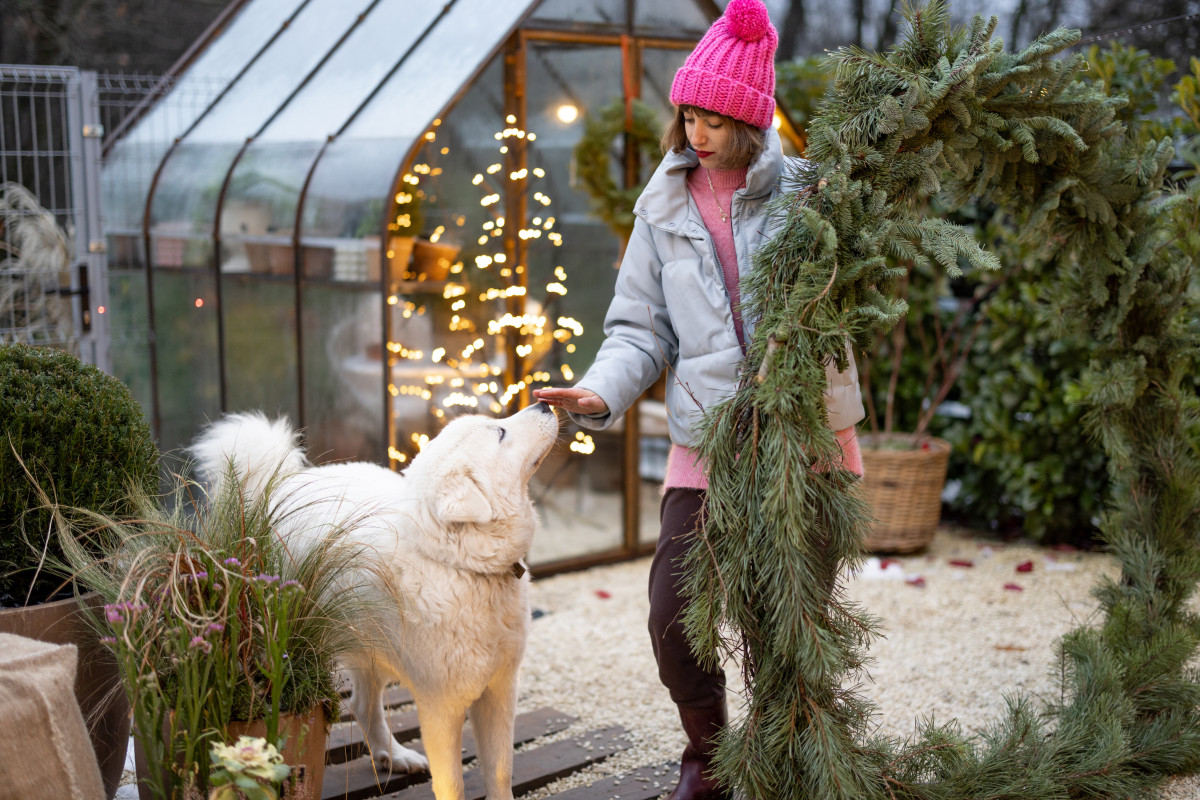As temperatures drop and the days grow shorter, many people find solace in the natural oasis of an outdoor winter garden. But creating such a sanctuary is not just about aesthetics; it’s also about making environmentally conscious choices to minimise our impact on the planet.
Sustainable Materials for the Foundation of Your Winter Garden
Selecting environmentally friendly materials is crucial when constructing the foundation of your winter garden, as these choices will significantly impact its overall ecological footprint. The hardscape design of your garden plays a significant role in its aesthetic appeal and impact on the surrounding environment. For pathways, consider using permeable pavers made from recycled materials or natural stone sourced locally to reduce transportation emissions. When selecting a suitable surface for patios or decks, opt for sustainably harvested wood or recycled plastic lumber, as these materials require less maintenance, last longer, and have lower environmental impacts compared to traditional resources. A lovely log cabin serves as the perfect centrepiece for a cosy winter garden, especially when constructed with sustainable timber.
Energy-Efficient Garden Room Designs
To achieve an eco-friendly outdoor winter garden, focus not just on the materials used but also on the design of your space. By incorporating energy-efficient elements and passive solar strategies, you can ensure your garden remains warm and inviting as temperatures plummet. Greenhouses or all-season garden room with shed provide a perfect retreat in the colder months. These structures should be designed to maximise natural sunlight while minimising heat loss. Utilising south-facing windows and thermal mass materials like stone or brick will help capture and store warmth from the sun, reducing the need for artificial heating sources. Proper insulation is essential for maintaining comfort in an outdoor winter garden, especially during severe weather. Opt for insulated doors and double-glazed windows to keep cold air out and reduce drafts. Using renewable resources such as sheep’s wool or cellulose insulation can also contribute to your garden’s eco-friendliness by limiting dependence on synthetic materials.
Sustainable Gardening Practices
To create a truly eco-friendly outdoor winter garden, adopt sustainable gardening practices that nurture both plant life and local ecosystems. Opting for native plants adapted to local climate conditions not only guarantees greater success in your eco-friendly winter garden but also supports local biodiversity. Winter-hardy species require less maintenance and are typically more resistant to pests and diseases.
Healthy, fertile soil is the foundation of any successful garden. Composting organic waste and practising crop rotation will enrich your soil with vital nutrients and maintain a thriving ecosystem. As an eco-conscious gardener, avoid using synthetic pesticides and fertilisers that can harm both plant life and the environment. Instead, opt for natural alternatives such as biological pest control methods, organic mulches, and homemade compost.
Water conservation is critical to ensuring the sustainability of your winter garden. Utilise rainwater collection systems, like barrels or cisterns, to store and reuse water for irrigation purposes. Other techniques, like drip irrigation or soaker hoses, use water more efficiently by targeting specific areas and minimising evaporation waste.
A Green Retreat for All Seasons
An outdoor winter garden serves as a sanctuary not just for its inhabitants but also for local wildlife and plant species. When crafted with care, these spaces are a testament to the harmonious coexistence between human comfort and nature’s splendour. By choosing sustainable materials, embracing energy-efficient designs, and adopting eco-friendly gardening practices, you foster an environment where the beauty of nature can thrive, even in the coldest months.



































